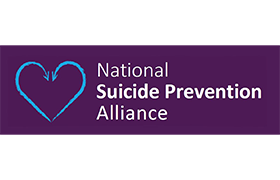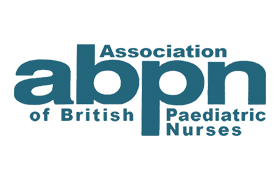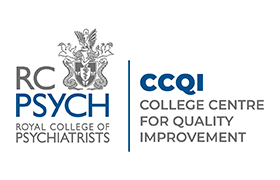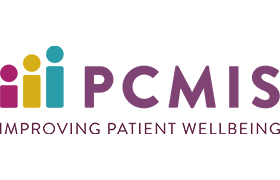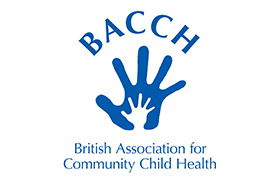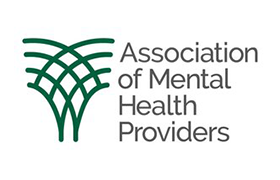Follow the conference on X #savingyounglives
“The rising tide of poor mental health is the single most pressing issue facing England’s young people. We should be deeply concerned that the UK is now a European leader of youth unhappiness, and that suicide is one of the leading causes of death among young people in England.”
Baroness Anne Longfield, Executive Chair and Founder, Centre for Young Lives, April 2025
This conference which this year will be held virtually focuses on Saving Young Lives – Preventing Suicide in Children and Young People. By attending this conference you will hear from expert speakers on how your services can reduce preventable suicides and save young lives. Through national updates, case studies from multi-agency settings and lived experience insight, this conference aims to set the scene for progress already being made and what needs to change to improve resilience, wellbeing, mental health support and effectively prevent suicide in children and young people:
“Between 2020/21 and 2022/23, mental health referrals for children and young people increased by over 50%, rising from 821,734 to 1,288,653. For individuals aged 10–24, mental health disorders now account for a staggering 45% of the overall disease burden, with suicide tragically the second leading cause of death.”
Professor Peter Fonagy, The Health Foundation, January 2025
“A death by suicide is devastating for those affected. While rates of suicide are highest in middle age, and particularly in men, there have been concerning increases among children and young people over recent years.”
Office for National Statistics, February 2025
We will also learn from a session exploring the specific challenges relating to the high rates of suicide among autistic young people:
“The most common category of death in autistic children without a learning disability is ‘suicide or deliberate self-inflicted harm’ – accounting for 35% of deaths.”
National Child Mortality Database Programme Thematic Report, July 2024
“Early support for children and young people with mental health issues is a priority for the NHS, and plans are in place to ensure more than one in two pupils and learners in schools and colleges are covered by an NHS mental health support team by spring 2025 – significantly ahead of the original target.”
NHS England, February 2024
The conference will also use case studies to demonstrate interventions that work in health, schools, universities and multi-agency settings. The conference will examine adherence to information sharing principles as well as digital wellness and the potential impact of the Online Safety Bill.
Benefits of attending. This conference will enable you to:
Network with colleagues who are working to improve services, practice and treatment to reduce preventable suicides and save young lives
Discuss the national data and evidence base currently on young suicides, and use this to direct and target service improvement and interventions
Reflect on the lived experience
Understand the impact of viewing online self-harm and suicide content has on individuals
Implement a preventative approach to treating young people in CAMHS services
Understand how you can work to increasing young people’s resilience & self-compassion
Improving information sharing to prevent suicide in young people & children
Deliver effective multi-agency working to support “high risk” young people
Reflect on the relationship between suicide and self-harm
Work in innovative ways with schools to improve support and wellbeing
Identify key strategies for improving access to services for high risk groups such as children and young people with autism
Developing your skills in supporting children and young people in crisis
Understand how we can better support bereaved relatives and families
Improve information sharing to support suicide prevention in young people
Self assess and reflect on your own practice
Supports CPD professional development and acts as revalidation evidence. This course provides 5hrs training for CPD subject to peer group approval for revalidation









